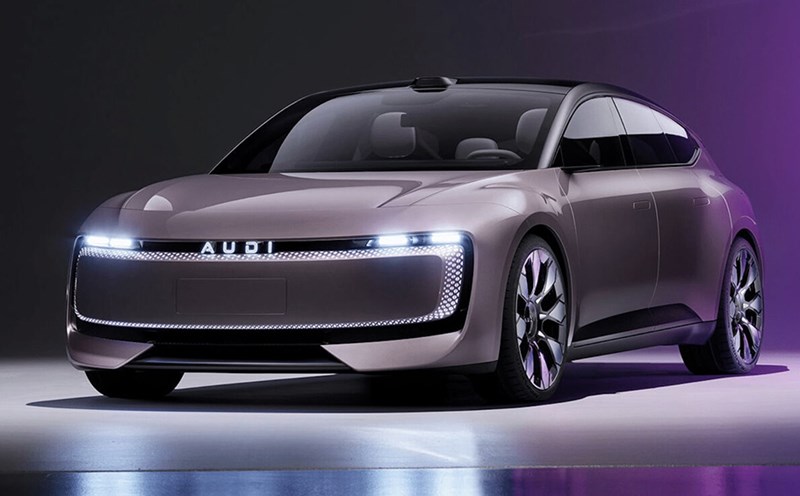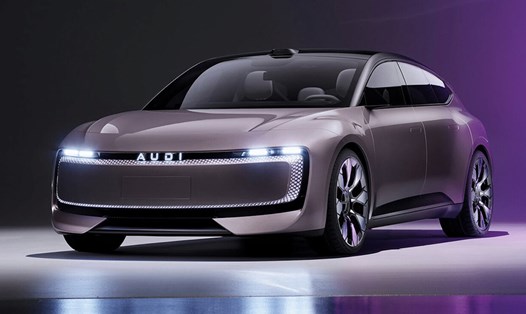According to the official announcement from Willowbank, the ban applies to all registered electric vehicles, including popular models such as Tesla Model S Plaid, Porsche Taycan Turbo GT, Hyundai Ioniq 5 N and many other electric cars. However, vehicles using hybrid engines are still allowed to participate in races here.
The reason for this decision is the safety risks in the event of an accident with electric vehicles, as these vehicles are not fully equipped with the necessary measures to deal with emergency situations.
After consulting with Motorsport Australia, NEDRA (National Electric Vehicle Racing Association) and other safety guidelines, Willowbank Raceway operators believe that dealing with an electric vehicle incident will be much more difficult than an internal combustion engine vehicle.
Some of the safety concerns highlighted in the notice include the possibility of electric vehicle batteries releasing toxic and flammable gases after a collision, and the inability to open the vehicle doors from the outside after a collision. In particular, if the driver is unconscious, removing the driver from the vehicle can be dangerous because the vehicle’s chassis is still active. Additionally, towing a vehicle when the power is cut off is difficult.
While these concerns are valid, Willowbank’s decision has been controversial. Some have argued that these safety issues are not specific to electric vehicles, as internal combustion engine (ICE) vehicles can also suffer from similar issues, such as doors not being able to open after a crash.
Willowbank Raceway is not the first track to ban electric cars. Summit Point in West Virginia has already implemented a similar ban in 2023, and Anglesey in Wales has also implemented a ban in early 2024. However, both tracks have expanded their bans to include hybrids, which is less controversial than Willowbank's decision.











